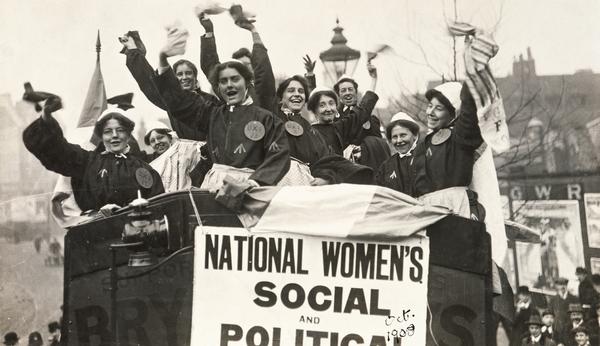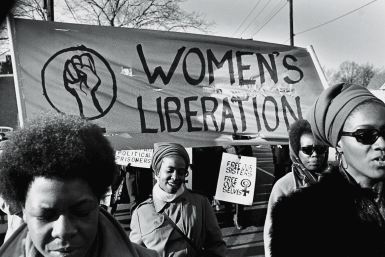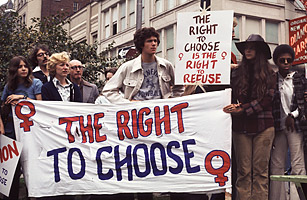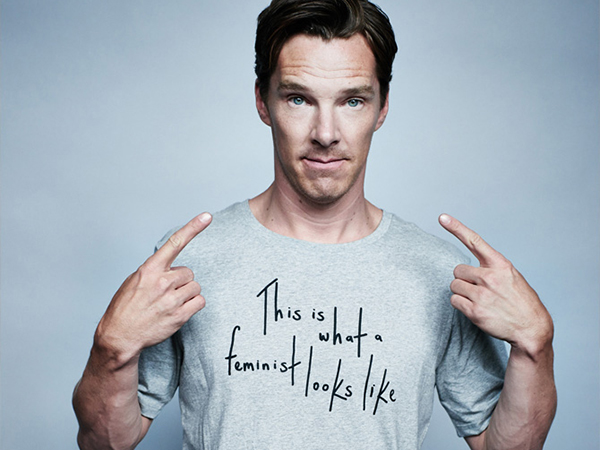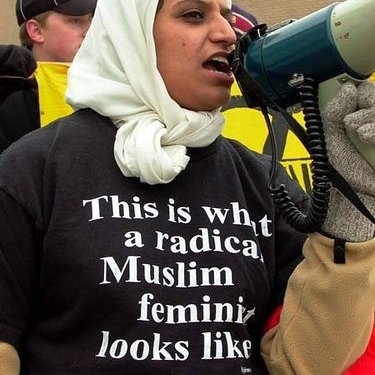On International Women’s Day 2016, we are incredibly excited to announce Art Represent’s upcoming art initiative Flowers of Democracy (FoD) with our artist Maria Kulikovska.
The FoD will be Part I to Kulikovska’s first solo show in London. Part II – 9th May – will open on the 9th May in our space in Bethnal Green.
Flowers of Democracy 2015
Flowers of Democracy 2015
Kulikovska first launched FoD in the summer of 2015 in Ukraine, to highlight and protest the detrimental impact of the conflict in Ukraine on women. Kulikovska together with a team of like-minded activists, created plaster moulds of their own vaginas and placed these sculptures in flowerpots, public steps and fountains surrounding government buildings. The casts of vaginas, or 'Pink Pussies' as Kulikovska calls them are a powerful and unashamed declaration of empowerment.
The Flowers of Democracy 2016 will be a continuation and expansion of the earlier FoD project in Ukraine. FoD 2016 aims to create a wider dialogue around gender equality and feminism. This year we call on activists, artists, academics, entrepreneurs, and volunteers of all races and backgrounds to create their own unique vagina molds and on April 16th, these flowers of democracy will come into bloom in various locations around London. Part of the works will also be on display as a part of the 9th May show.
Vaginas and pussies are so often taboos even in the most liberal of societal contexts. Within the sphere of contemporary art, the portrayal of vaginas (especially by women) is seen as contentious and even criminal. Japanese artist Megumi Igarashi was arrested twice for distributing digital templates of her vagina for 3D printing. Although you might come across plenty of female nudes or vaginas in museums and galleries, you have to ask how many of those were by women. In fact, how many pieces of art in museums or galleries overall are by women? And how many of them are by women of colour or women from regions disadvantaged by conflict and systematic oppression?
Furthermore, the physical organ and the words (vagina/pussy) themselves suffer from censorship and condemnation. The portal from which human civilization is birthed has somehow become synonymous to shame and weakness. The stereotyping of traditional gender roles shaped by a dominantly patriarchal society in most parts of the world has meant that to be feminized is to be weakened. The very word “Pussy” is a slang term for “a weak, cowardly, or effeminate man”.
The idea that feminization equates to weakness leads to an imbalanced power perceptions when it comes to sex. Especially during times of violent conflict, sexual abuse is frequently used as a military tactic to harm, humiliate and shame. “Violence and war can also weaken systems of protection, security and justice. For these reasons, conflicts often exacerbate and escalate sexual violence. Similarly, disasters can also cause a deterioration of protection systems, which has the potential to increase vulnerability to abuse, gender-based violence, sexual harassment and trafficking. Increased levels of sexual and gender-based violence can often persist well after the end of a crisis.”
The shame attached to the female genital both Western and non-Western cultures can lead to societal norms and behaviour that oppress and actively suppress a woman’s sexuality or even the potential of her sexuality. From slut-shaming to censorship of expression to female genital mutilation (FGM). FGM being one of the most severe violations of the female sex affects more than 200 million girls around the world. Bound by the idea that the vagina or pussy is somehow dirty, “FGM is associated with cultural ideals of femininity and modesty, which include the notion that girls are clean and beautiful after removal of body parts that are considered unclean, unfeminine or male.”
Looking back through history, we have only just begun socialising society as a whole in moving toward striving for gender equality. In 1911 International Women’s Day was marked for the first time, by over a million people in Austria, Denmark, Germany and Switzerland. The United Nations celebrated 8th March for the first time in 1977, only 41 years ago.
Roe V. Wade, a case where the Supreme Court deemed abortion legal across the US was only 44 years ago; and the contraceptive pill was legalised for all women regardless of their marital status a year before that in 1972. In the UK, the Domestic Violence and Matrimonial Proceedings Act protecting women from domestic abuse was passed only 42 years ago; and it was only 2 years ago that women in the UK were allowed to ask the police about their partner’s history of domestic abuse. In so many parts of the world today, discrimination and abuse against women and girls are still legal if not encouraged. Even in the “West” or the global “North”, where gender equality has seemingly been achieved, women still get paid less than men across multiple industries, and soft sexism is still prevalent.
At the same time, whilst recognising the shortcomings, we should also celebrate the progress we have made in such a short time and the men and women who have contributed to gender equality (see key dates & events). We now recognise that feminism is not just a society of women who are allowed to discuss their “female agenda” with permission from the patriarchy. We have opened up the dialogue to include how feminism is also fighting for male safety; narrow definitions of masculinity and femininity create harmful legacies for all sexes, and we now have projects in the public sphere that are calling out the dangers of stereotypical gender roles (The Mask You Live In , He for She, #Mandictionary).
Today on the 8th March 2016, we call upon people of all sexes who are not afraid of the pussy to join our movement and to be a Flower of Democracy.







